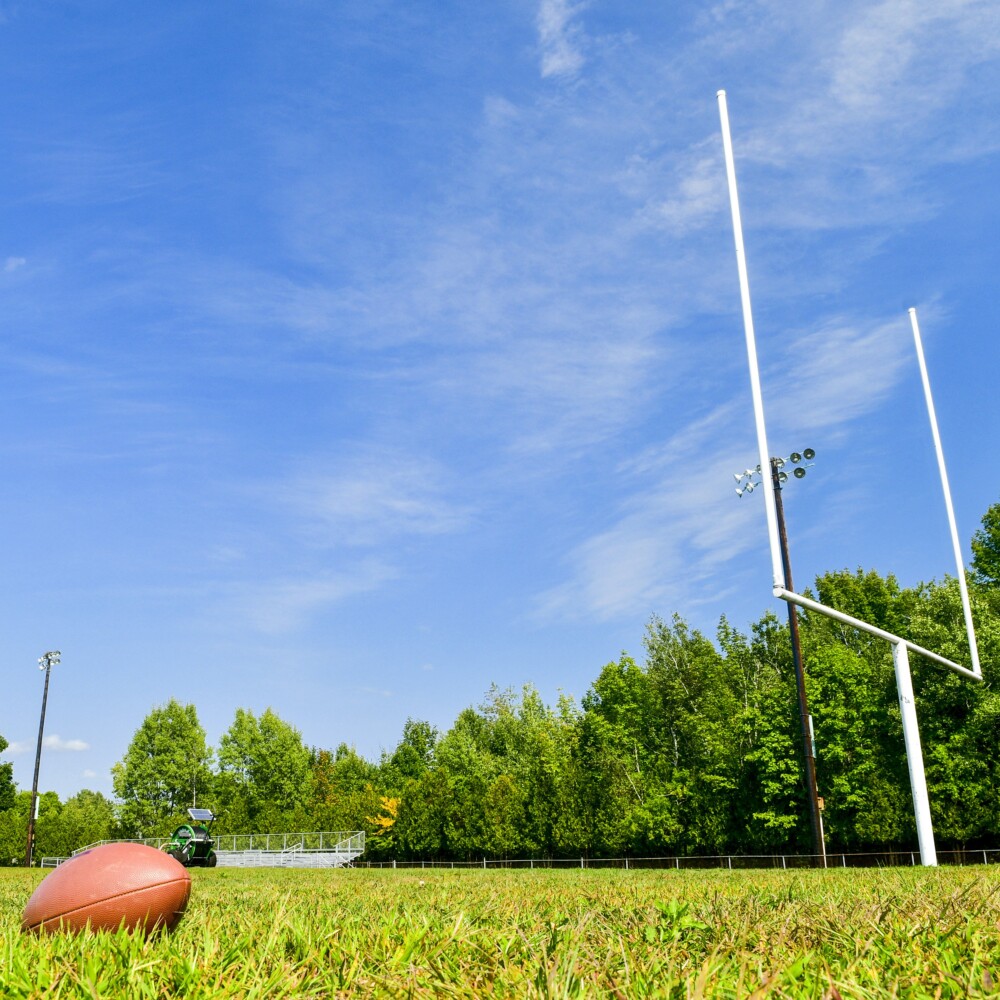Los Angeles Times columnist LZ Granderson says letting trans athletes compete in girls and women’s sports “shouldn’t be that hard a call” for the NCAA (Opinion, May 16). But his conclusion relies on irrelevant research and ignores solid data.
In just five years (2019-2023), more than 700 medals, records, scholarships and other honors in women’s competition went to trans athletes, according to tracking by the website SheWon.org. Those include Olympic-qualifying sports – archery, cycling, mountain biking, track and field, swimming, fencing, skiing, cross country and marathon running, rowing and weightlifting – as well as such nonqualifiers as darts, disc golf, surfing, skateboarding, mixed martial arts, powerlifting and pool.
Even when a small number of trans athletes compete, they can have an outsized impact on girls’ athletics. According to the Women’s Sports Policy Working Group, when just two trans athletes competed in Connecticut high school track between 2017 and 2020, their competitors lost 235 opportunities and awards: individual or relay championships, advancement to championships or finals, meet records, all-New England honors, or State Open team championships.
But Granderson claims, “trans athletes aren’t causing problems.” Indeed, he suggests that allowing people born male into women’s sport competition should be the equivalent of healthy, joyful childhood “play” together.
Tell that to the parents who invest thousands of hours and dollars in their daughters’ team travel, equipment and athletic training.
Granderson also suggests that letting boys compete against girls is in line with the NCAA’s original goals of protecting college athletes from outside influence. That laudable goal from more than a century ago has long since collapsed under the weight of college dependence on revenues from (men’s) sports. It has clearly fallen to the 2021 rules allowing college athletes (of both sexes) to profit from their own name, image and likeness.
So should the NCAA allow trans atheletes to benefit financially from their success competing against people born female? No.
Should the NCAA allow trans athletes in athletic programs that were developed under Title IX to make adequately funded sports programs available to women and girls? No.
Should more girls and their families file lawsuits over this issue, as four West Virginia families did just last month after a trans track and field athlete was allowed to compete against their middle-school daughters? If that’s what it takes, yes.
And is this, as Granderson claims, just “part of a larger Republican agenda to attack the LGBTQ+ community for political gain”?
Well, maybe that’s part of why Republicans who don’t have daughters in school sports would care.
But is that the agenda for this lifelong Democrat?
Hell no.
For me, this is about giving girls and women in the 21st century the same opportunities that women of my generation fought for.
Women and girls today deserve to have their own quality sports programs, just as we did in 1972 when Title IX passed. The NCAA needs to consider the needs of girls and women.
« Previous
Next »
Related Stories
Source link: Opinion: Argument in favor of trans athletes fell short

